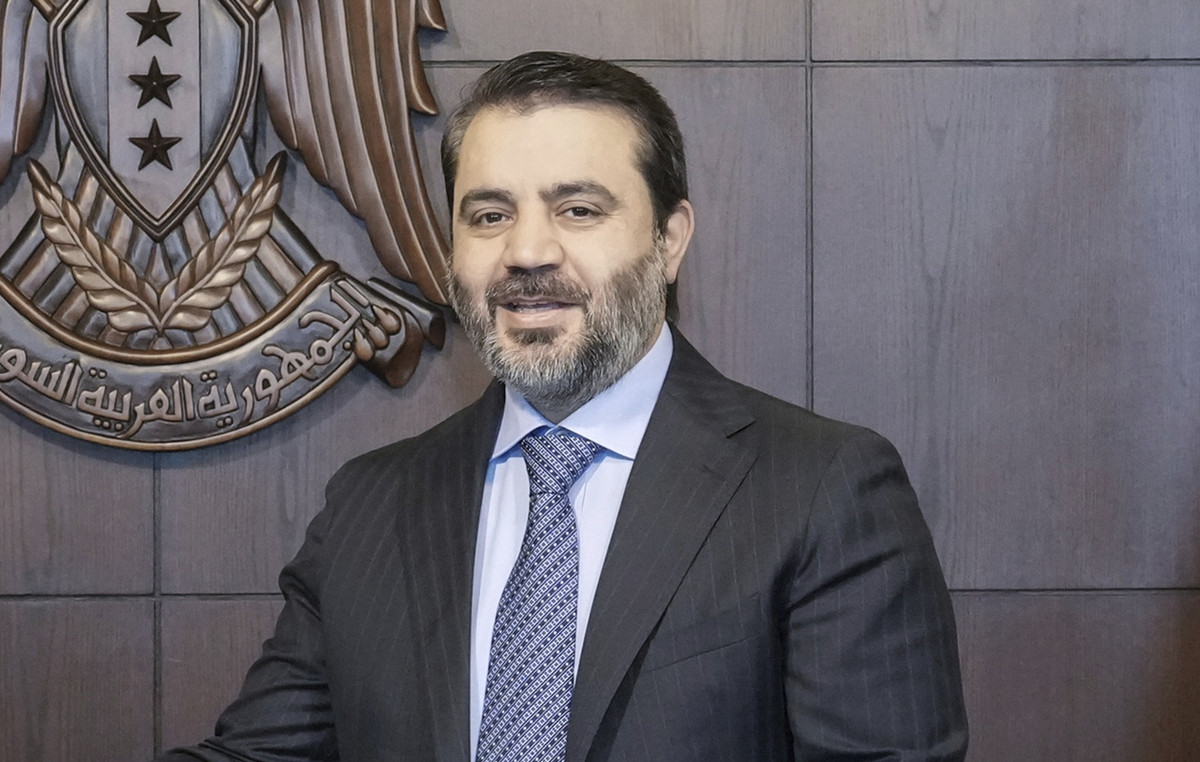About 43.1% of Brazilians intend to save the resources of the extraordinary withdrawal of the FGTS, of R$ 1 thousand, and the anticipation of the 13th salary and pensions. The number was determined by the Consumer Survey, carried out by the Brazilian Institute of Economics, of Fundação Getúlio Vargas (FGV Ibre).
Another 24.6% want to use this money to consume, while 23.8% intend to use the funds to pay debts.
Combined, the extraordinary withdrawal of the FGTS and the anticipation of the 13th salary and pensions represent an injection of R$ 86.7 billion in the economy. According to Ibre, this will make household consumption growth for the second quarter, originally forecast by the institute at 0.3%, rise to 0.7%.
However, researcher Viviane Seda Bittencourt, responsible for the survey, points out that the result is below the government’s expectations. She emphasizes that, although the majority intend to save, this proportion is not the majority among the population with an income of up to R$ 2.1 thousand, the lowest analyzed.
In this group, 42.3% intend to pay off overdue debts, 28.6% have savings plans and 20.9% intend to consume.
“The volume of resources is much greater than that recorded on other occasions, but the fact that more people decide to save, due to the macroeconomic scenario, with unemployment and inflation, will make the injection of resources into the economy smaller than expected by the government. Now, the situation of the lower-income population is more delicate, especially as they continue to be pressured by food inflation”, he says.
For the economist, however, the payment of these debts should not be reflected in cleaning the name and releasing credit, aspects that could boost the economy in the following months. This is because this group comes from a serious situation of economic stress caused by the Covid-19 pandemic.
“These are one-off resources. In 2020, this population was served by emergency aid, but the scenario went crazy in 2021, and inflation still entered. There has been an increase in prices, you are not able to take out new loans because of the higher rate. There was an increase in indebtedness and, if there was payment of debts, there was no payment in full. It is something that cannot be resolved as a one-off resource, but with the return of the consumer to the job market”, concludes the economist.
Source: CNN Brasil
I am Sophia william, author of World Stock Market. I have a degree in journalism from the University of Missouri and I have worked as a reporter for several news websites. I have a passion for writing and informing people about the latest news and events happening in the world. I strive to be accurate and unbiased in my reporting, and I hope to provide readers with valuable information that they can use to make informed decisions.







